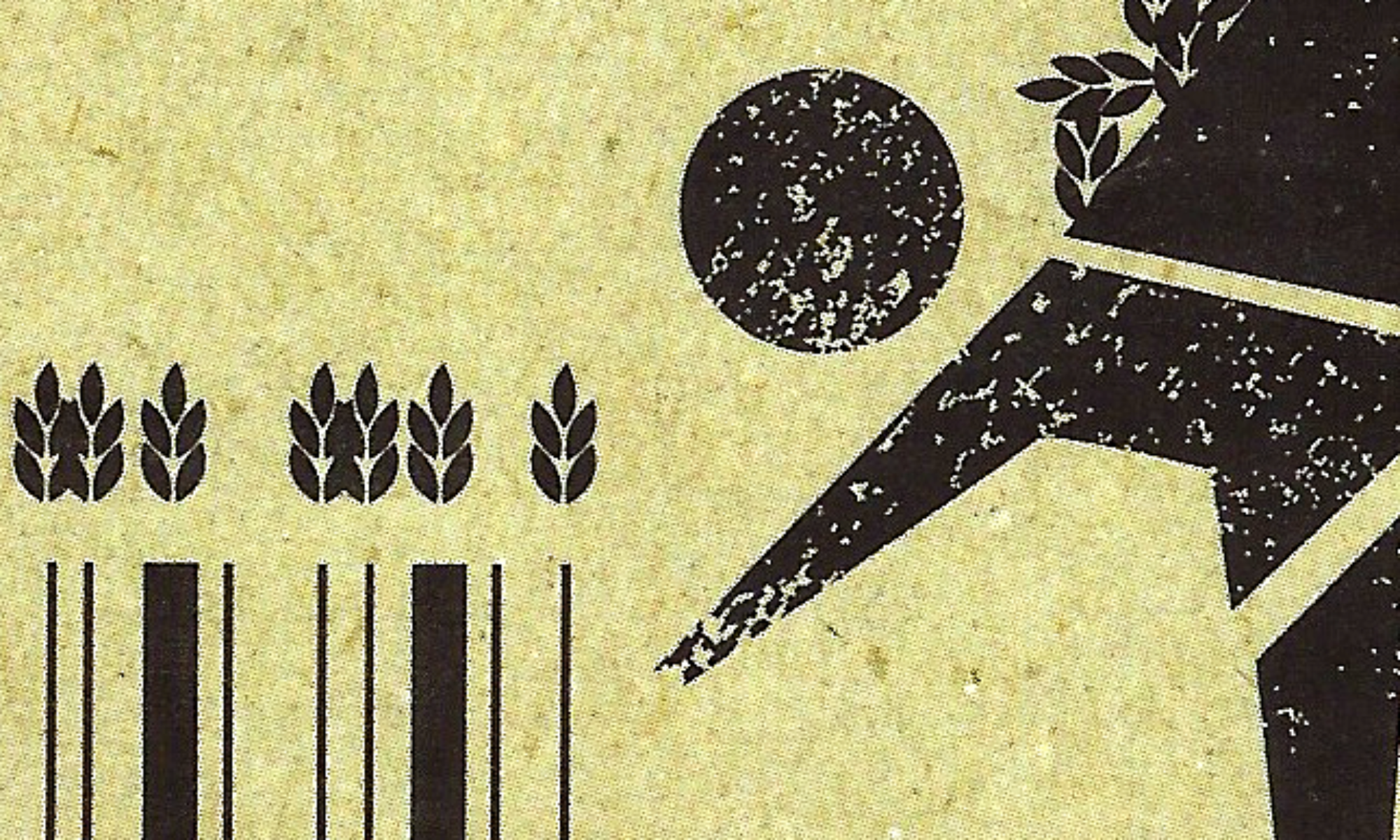Rural cities in Chiapas: Government plundering the peasantry
(first of two parts)
Mariela Zunino y Miguel Pickard – 26-december-2008 – num.571
Introduction
After torrential storms in much of South-East Mexico in October and November 2007, the Chiapas state government, led by Juan Sabines Guerrero, put forward the Sustainable Rural Cities program. The program is meant to provide housing for thousands of victims who had lost their loved ones, houses, land, animals and personal possessions. However, the real aim of the Rural Cities program is to “organise” the use of resources in the countryside, which means separating campesinos from the land where they currently live. The program will concentrate people from the countryside into small villages, then transfer ownership of their land and its exploitation to big companies.
The origins of the Rural Cities Program
At the end of June 2008, the leaders of Mexico, Central America and Colombia decided to relaunch the Plan Puebla Panama (PPP) renaming it the “Mesoamerican Integration and Development Project”, or Mesoamerican Project. This new name is an attempt to rejuvenate the PPP, although its logic remains the same: to integrate the whole territory from southern Mexico to Colombia and make it conform to the needs of large-scale capital. Over 100 economic projects made up the PPP when it began in 2001, but it was agreed to leave only a score of these, concentrating on energy, electricity, health, education, telecommunications, agro-fuels, roads and housing.(1)
Thus we now face a “concentrated PPP”. The founding document of the PPP, in its chapter on Mexico,(2) points out that one of the objectives is to generate a sustainable management of resources; hence the need to promote programs of territorial rearrangement due to the highly dispersed population in Southern and South-East Mexico. Similarly, in November 2008, the World Bank published its World Development Report 2009, subtitled “Reshaping Economic Geography”, which claims that economic integration is the key to bringing development to all corners of the world. Economic integration, says the report, means, among other things, bringing urban and rural areas closer together. To quote the World Bank: “The policy challenge is getting density right, harnessing market forces to encourage concentration and promote convergence in living standards between villages and towns and cities.”(3)
This is the context in which to view the Rural Cities Program that the government of Juan Sabines intends to carry out in Chiapas, with the same guiding principles: reorganising rural spaces, concentration to overcome dispersion, and bringing rural production into the market framework. It is obvious that the logic of the Rural Cities project is overwhelmingly economic and not social, as its supporters say.
Continue reading “FYI: RURAL CITIES IN CHIAPAS: GOVERNMENT PLUNDERING THE PEASANTRY”
